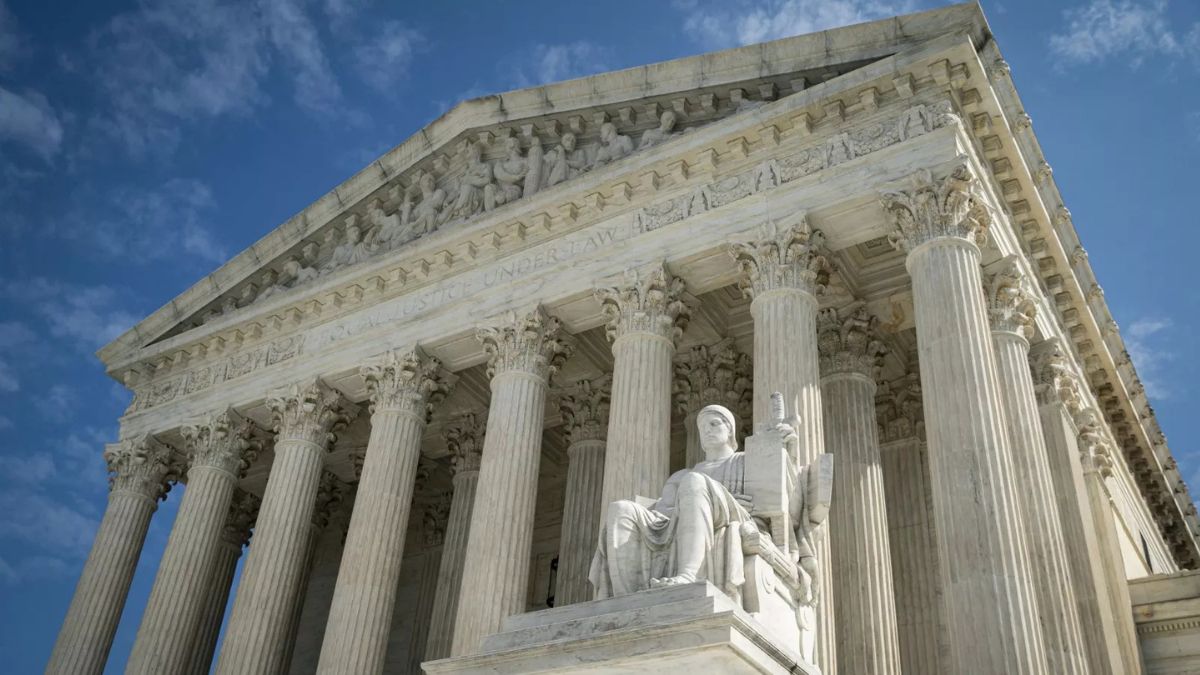


In days like ours, it can be all too easy to dwell upon the darkness. To so center our attention on the shadows that any glimmer of light is seen as illusory, or even problematic. Like those who’ve lost a love and now wallow in the self-pity of sad love songs, in our times of fear we can be quick to focus our lives on the very things which threaten to undo us.
There are many voices surrounding us, calling us to seek out our fears. This is partly internal. As a defense mechanism, we maintain the fiction of control in a chaotic hour by proactively expending our waking thoughts on our troubles. Sometimes, by consuming more and more information about the dangers around us, we build up our spirits in the confidence that we won’t be taken in or left behind. There is, within the hearts of many, a great longing not only to be in-the-know but to have it known that we are among the enlightened few, even if this prized illumination comes at the cost of living each moment in terror.
Partly, this external. While many are striving mightily to strike the right tone, there is a temptation for those with a public voice to outdo one another in alerting the world to its dangers. The political powers-that-be secure their place in our hearts through their reactions to things that cause us concern. Those currently holding the reins, from Beijing to Washington, wish to show they have it all in hand and note the dangers of changing their supposedly sufficient policies. Politicians on the outskirts of power make themselves known to potential supporters by echoing Absalom of old, crying out, “Oh that I were judge in the land!” all without the fear of seeing their plans fail.
And, on top of that, we have the media, speaking ever louder with each new bit of news coming across their desks. In the best of times, it’s in their enlightened self-interest to share with us as much information as possible, and as soon as possible. But, as Denzel Washington has wisely noted, more is not always better, and, just because we’re first, it doesn’t follow that we’re best.

Like those who’ve lost a love and now wallow in the self-pity of sad love songs, in our times of fear we can be quick to focus our lives on the very things which threaten to undo us.
So, how do we thread this needle? How do we keep ourselves well-informed about the very real problems of our lives without becoming consumed by them? To have a right disposition can never mean to hide ourselves from what confronts us, but it requires that we keep the light in mind even as we consider the darkness. We must remember the good that endures even as we face the evil we fear.
It means in the face of government leaders dueling over who’s offering the most strident response, there are people cheering for health care workers doing their jobs, even as they themselves stay safe at home. It means seeing Patrick Stewart of Star Trek and X-Men fame reading Shakespeare sonnets with his wonderful voice, free of charge for any who’ll listen. It means seeing Sir Patrick’s fellow Star Trek alum, LeVar Burton, striving to resurrect his Reading Rainbow for all the kids stuck at home, and then seeing Neil Gaiman offering his life’s work to Burton’s efforts for free. It means looking at corporate magnates, normally the villains in our imagined worlds, turning their infrastructures over to the common good, producing needed medical equipment far faster than anyone could’ve expected.
While it doesn’t receive quite the coverage that these others can secure, let’s not let the unusual times distract us from extraordinary efforts by very ordinary people. In the middle of the semester, with a lead-up time no more than a few days, the world’s teachers turned on a dime, created a syllabus out of thin air, and put into action an educational plan for large-scale, long-term online teaching with virtually no training.
Think of the pastors and ministers around us. Having been to seminary, I can assure you that many of these men are not adept at the electronic arts. Yet, they stumbled forward, creating an orthodox liturgy for unorthodox times, bringing the ministry of the Word into the homes of the saints through the erstwhile distracting devices of the information age.

To have a right disposition can never mean to hide ourselves from what confronts us, but it requires that we keep the light in mind even as we consider the darkness. We must remember the good that endures even as we face the evil that is before us.
For all the fears and dangers that we see in our newsfeeds and neighborhoods, perhaps the far greater story of this time of plague is that the people of the world came together in the midst of their social distancing, and, with barely a grumble, created a new path for life in defiance of the threat of death. This sort of determination is only possible by bearing in mind that the darkness will not have the final say.
While it is good and right that we applaud our neighbors for casting their light into the darkness, they do so only on the memory of something they no longer believe. Having abandoned the faith of our fathers, they coast along in an imitation of a hope that their postmodern principles deny. All they have is the “Monty Python” admonition to look on the bright side of life or a Pollyannaish intention to live as though there is light, when all they know is darkness.
There’s something to the stiff upper lip and the practice of “fake-it-till-you-make-it,” but Christianity has more to offer the world than Stoicism and sentimentality. There is no denying the troubles we face in this life, but righting the wrongs we see means remembering that there is good in this world. We may be encouraged by these acts of faith by the unbelieving world, but it is in the Bible alone that we find a basis for seeing that this good we seek is no illusion, for seeing that “this too shall pass,” that the evil of this present darkness is an alien intruder whose days are numbered.
This demands we look to Genesis and see that the fundamental order of the cosmos is not chaos but the loving intention of a good and loving God. It demands we look to the Gospels and see that restoring His world to His glorious plan was warrant enough to offer His Son in our stead. It means looking to Revelation and seeing that one day our tears will be wiped away, all things will be made new, and sickness and death will be cast into the fire.
Timothy D. Padgett, PhD, is the Managing Editor of BreakPoint and the author of Swords and Plowshares: American Evangelicals on War, 1937-1973 as well as editor of the forthcoming Dual Citizens: Politics and American Evangelicalism.














